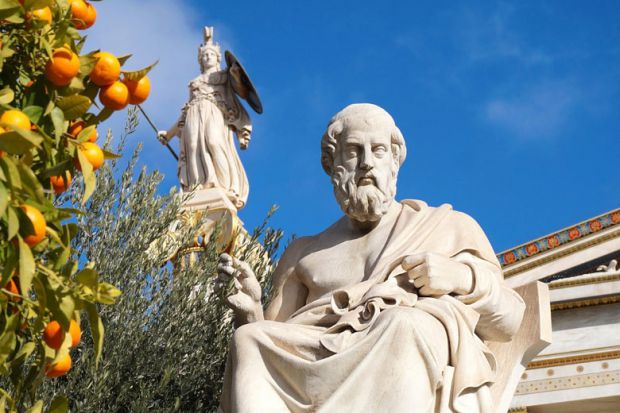Sarah Broadie FBA, Professor of Philosophy at St Andrews University
“It is very good that more and more analytic philosophy is being directed towards the conceptually trickiest practical problems of our time, such as collective responsibility and obligations to future persons of indeterminate identity, to name but two. However, given how our subject has been developing over the last 40 or so years there is real reason to fear that philosophy will die the death of dissolving completely into more technical sub-disciplines. The great challenge is to find ways of educating excellent professional philosophers to keep an active interest in more than one contemporary branch, and in some of the great past philosophers, and to be animated by an open-ended love of adventures in ideas while fully maintaining their obsessional practice of critical clarification. The latter is essential for the subject to move forward, but without the former that subject risks ceasing to be philosophy.”








